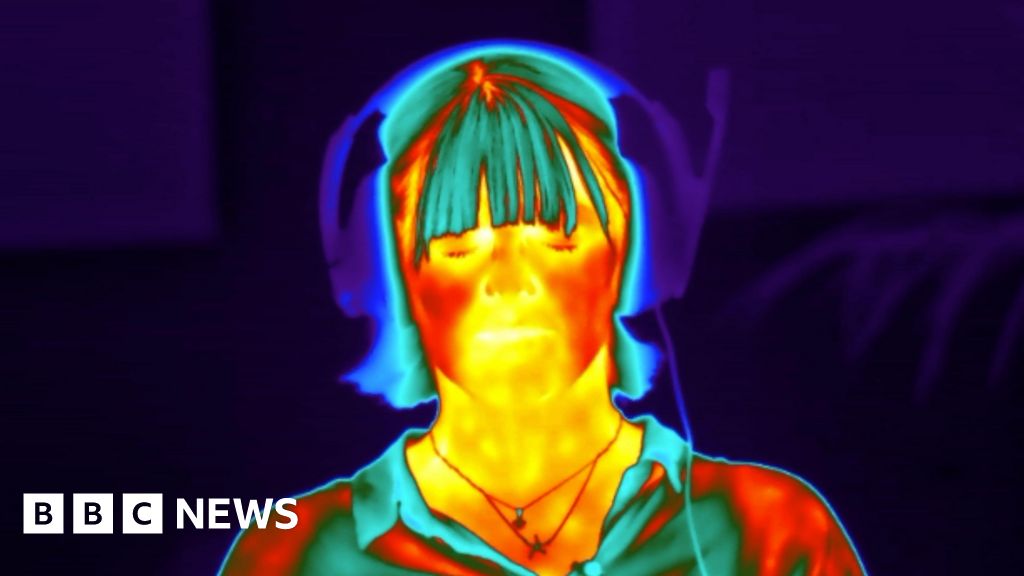Delhi is witnessing a sharp rise in H3N2 flu cases with patients reporting severe cough, high fever, sore throat and body ache. Doctors warn symptoms are more intense and last longer than usual seasonal flu.

Seasonal flu is once again on the rise in Delhi, but this year, doctors are reporting a sharp increase in H3N2 influenza cases. Patients are visiting hospitals with reports of persistent cough, high fever, sore throat, cold and body ache, and medical professionals believe that the severity of the symptoms seems worse than it was several years before.
According to a survey, 69% of households in the area currently have at least one person with flu-like symptoms. Doctors say H3N2 is currently the predominant influenza variant in the region.
Speaking to Dr Akshay Budhraja, Senior Consultant & HOD – Respiratory and Sleep Medicine, Aakash Healthcare, he said, “H3N2 outbreak in Delhi-NCR is not just a public health issue, it’s something we are seeing play out in the lives of real people every single day. Children are missing school because of persistent cough and fever, elderly patients are finding it difficult to breathe, and many working professionals are struggling to get back to their normal routine because recovery is taking longer than expected.”
H3N2 Cases Surge in Delhi
Increased numbers of patients with flu have been documented by hospitals/clinics in the last couple of weeks in Delhi. Doctors indicate that seasonal changes often lead to the occurrence of flu, but the recent increase in H3N2 is raising alarm due to the fact of extended healing period and hospitalisations.
H3N2 Common Symptoms Being Reported
The most common H3N2 symptoms mentioned are:
- High fever lasting several days
- Myalgia coughing, which is persistent with irritation of the throat.
- Severe body and muscle aches
- Runny or blocked nose
- Prolonged fatigue and after fever, even gross weakness.
Certain patients also report that they find it challenging to breathe, particularly patients with asthma or preexisting lung problems.
Why This Year Feels Worse?
Health experts say that the H3N2 is milder this season. The patients are spending more time recovering, even till 10-12 days, which would be considered substantially longer than the normal 4-5 days of regular flu. Physicians also note that there is a growing complexity in cases owing to self-medication and a longer time elapsing between doctor visits.
Who Is at Higher Risk?
- Children and elderly people
- Pregnant women
- Asthmatic, diabetic, and heart patients.
For these groups, H3N2 may cause complications such as pneumonia in case they fail to seek timely treatment.
H3N2: Precautionary Measures
Doctors are urging people to:
- Wear masks in crowded places
- Wash hands regularly
- Drink water and consume healthy food.
- Self-medication should be avoided, and consult a doctor if the fever persists for more than 3 days.
- Proper rest to facilitate quicker healing.
Conclusion
Most cases of H3N2 flu can be treated through appropriate care and rest, but doctors in Delhi warn that this year’s strain is more severe and longer-lasting. They recommend that the public to be vigilant and seek timely medical attention, and follow preventive measures to avoid the spread of infection.
FAQs
How can one prevent H3N2 infection?
Wearing masks, washing hands, avoiding close contact with sick individuals, and boosting immunity can help.
Who is at higher risk of H3N2 infection?
How does H3N2 spread?
What is the H3N2 virus?
Subscribe to Our Newsletter Today!










Leave a Reply